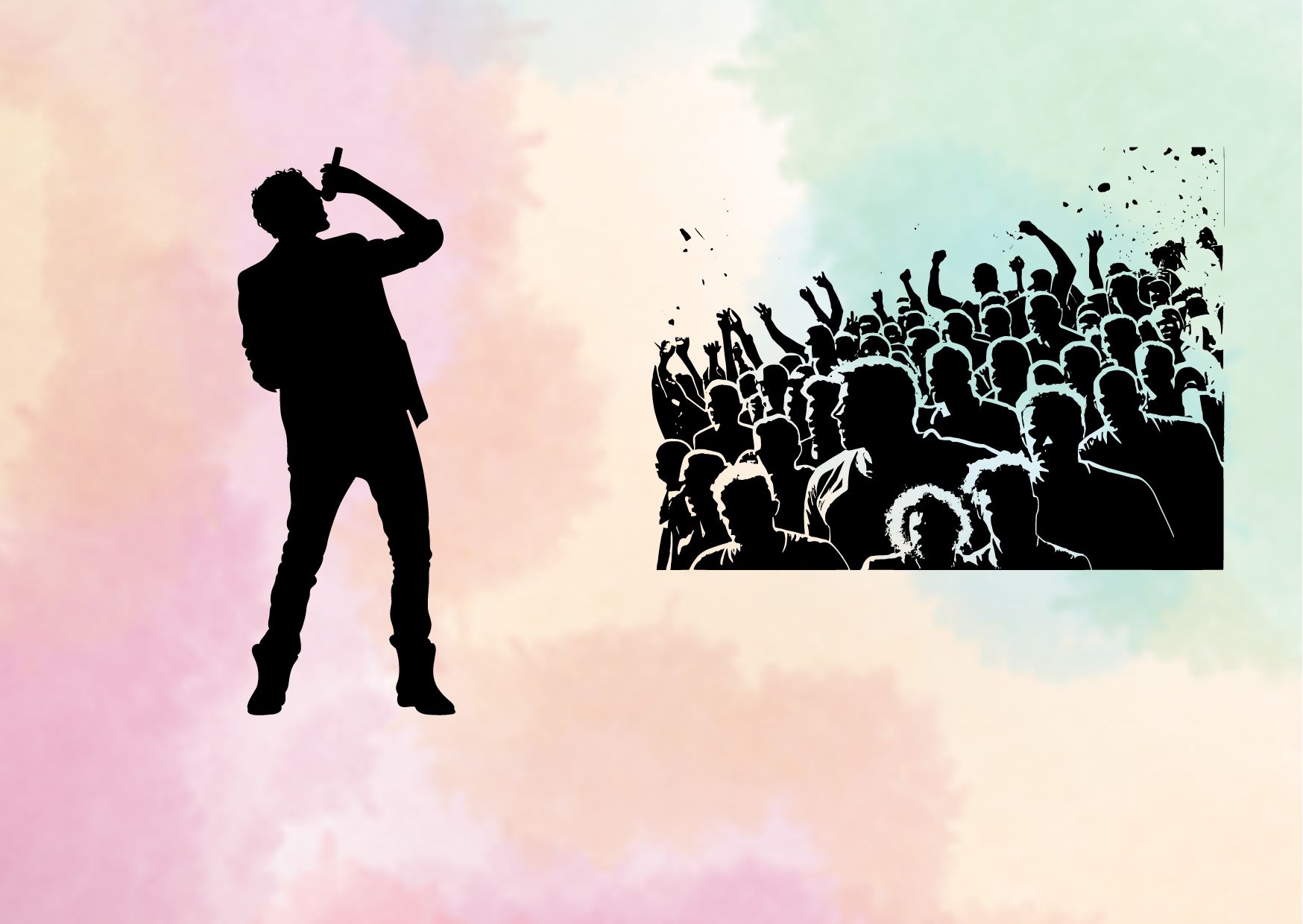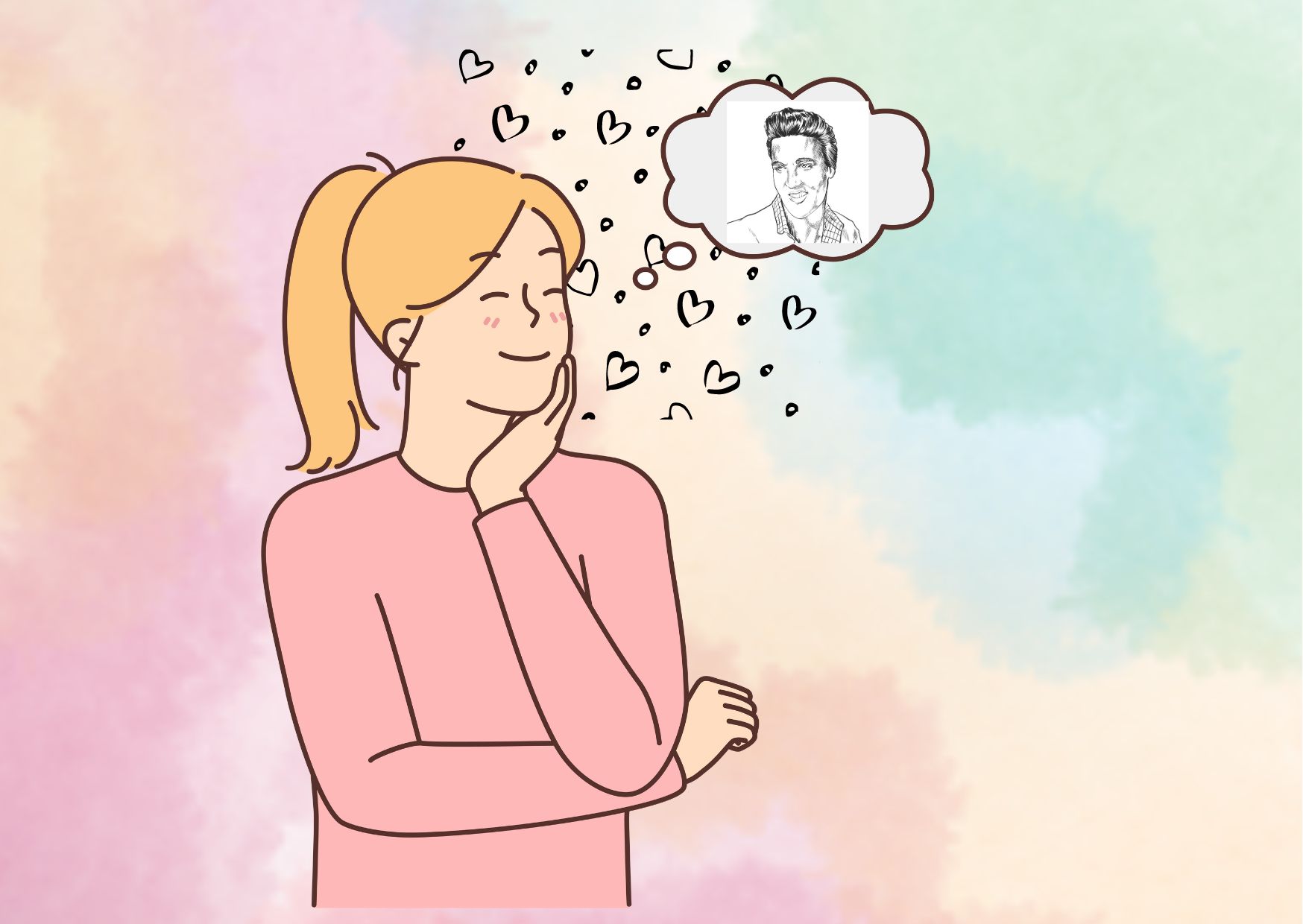Unveiling the Truth About Parasocial Relationships: Are They Harmful or Helpful?
In today’s digital age, parasocial relationships have become a prevalent phenomenon. These one-sided emotional connections between individuals and media personas, such as celebrities or fictional characters, have sparked debate about their potential benefits and drawbacks. While some view parasocial relationships as a harmless way to expand one’s social circle and find companionship, others question their impact on mental health and the blurring of reality.
This article will delve into the intricacies of parasocial relationships, exploring their psychological underpinnings, prevalence in various forms of media, and the influence of social media on these unique bonds. We’ll examine the potential positive and negative effects, drawing insights from psychological research and perspectives from both media personalities and consumers. Additionally, we’ll discuss strategies for maintaining healthy boundaries and coping mechanisms when navigating these parasocial connections.
Defining Parasocial Relationships
The Essence of Parasocial Relationships
Parasocial relationships are unique, one-sided emotional connections that people develop with media personas, such as celebrities, influencers, or fictional characters. These relationships are characterized by the viewer or fan investing time, energy, and emotional attachment to the media figure, despite the lack of reciprocation or awareness from the other party.
Types of Parasocial Relationships
- Parasocial Interactions: These are brief, superficial interactions with a media persona, often occurring during a single exposure or encounter.
- Parasocial Relationships: More developed and friendship-like bonds with a media persona, fostered through repeated interactions and a sense of familiarity.
- Parasocial Attachments: The deepest form of parasocial relationships, where the media persona becomes a source of comfort, security, and emotional support for the viewer or fan.
Formation and Evolution
Parasocial relationships often form when a media user is impressed or captivated by a media persona’s qualities, such as their personality, talents, or values. As the viewer continues to engage with the persona’s content or appearances, the bond strengthens, transcending a single interaction and evolving into a more profound, imagined connection.
| Relationship Type | Description |
| Parasocial Interactions | Brief, superficial interactions with a media persona. |
| Parasocial Relationships | Developed, friendship-like bonds with a media persona. |
| Parasocial Attachments | Deep, attachment-like bonds with a media persona, providing comfort and security. |
The Spectrum of Parasocial Relationships
Parasocial relationships exist on a spectrum, ranging from purely social relationships on one end to intense, one-sided connections with inaccessible figures on the other. Social media has played a significant role in blurring the lines between these extremes, increasing the potential for interaction and perceived accessibility between media users and media figures.
Prevalence and Examples
Widespread Phenomenon
Parasocial relationships are more prevalent than one might think. According to research, around 51% of Americans have experienced these one-sided emotional connections, although only 16% admit to it. The rise of modern media formats like Netflix, Twitter, and TikTok has given fans constant access to celebrities, leading to a new era of ‘stan culture’ where fans become hyper-obsessed.
Historical Roots
While the term ‘parasocial relationship’ may be relatively new, the concept itself is not. Terms like ‘groupies,’ ‘satellites,’ ‘Swifties,’ and ‘Beyhive’ have been used for decades to describe dedicated fan groups. These labels highlight the long-standing presence of parasocial relationships in various forms of media and entertainment.
Spectrum of Parasocial Relationships
Parasocial relationships exist on a spectrum, ranging from purely social relationships on one end to intense, one-sided connections with inaccessible figures on the other. Social media has played a significant role in blurring the lines between these extremes, increasing the potential for interaction and perceived accessibility between media users and media figures.
Notable Examples
Parasocial relationships can be observed across various domains, from entertainment to business and beyond. Here are some notable examples:
- Entertainment
- Joe Rogan – Fans of his podcast feel a strong connection to him
- The Royal Family – Royal watchers feel a close connection to the royal family
- Mr Beast – Fans feel a close connection to the YouTuber due to his interactions and charitable acts
- PewDiePie – Fans felt a close connection to his personal life and opinions
- Technoblade – Fans developed a very strong connection after learning of his terminal illness
- Business and Finance
- Elon Musk – Fans feel a deep connection to him due to his business success and unconventional personality
- Warren Buffet – Fans feel a close connection to his investment strategies and advice
- Media Personalities
- Oprah Winfrey – Fans felt a strong emotional connection to her through her talk show and books
- Kim Kardashian – Fans felt a close connection through the reality TV show “Keeping Up With The Kardashians”
- Music
- The Beatles – Fans were obsessed with knowing the details of the band members’ lives
- Taylor Swift – Fans feel a close emotional bond with her music and personal life
- Ariana Grande – Young female fans feel a strong connection to her music and personal style
These examples illustrate the widespread nature of parasocial relationships, spanning various industries and media formats. While some instances may be harmless, others can potentially lead to concerning behaviors, as explored in subsequent sections.
Psychological Factors
Attachment Styles and Parasocial Relationships
Attachment theory, which explores the emotional bonds formed between individuals, offers insights into the psychological factors that influence parasocial relationships. Research suggests that people with anxious or secure attachment styles are more likely to develop parasocial connections compared to those with avoidant attachment styles. This tendency stems from the desire for closeness and emotional intimacy, which parasocial relationships can provide, albeit in a one-sided manner.
Self-Esteem and Confidence Boost
For individuals with low self-esteem or avoidant attachment styles, parasocial relationships can serve as a source of confidence and self-worth. By engaging with media personas they admire, fans may experience a boost in their self-perception and feel more connected to their idealized selves. This psychological benefit can be particularly valuable for those who struggle with social interactions or have difficulty forming real-world connections.
Pathological Attachment and Mental Health Concerns
While the majority of parasocial relationships are considered healthy, a small percentage (3-5%) of individuals exhibit what is termed “borderline-pathological” attachment. In these cases, the parasocial relationship may become obsessive, leading to poor mental health outcomes, such as anxiety, depression, or social isolation. It’s crucial to recognize and address such instances, as they can have detrimental effects on an individual’s well-being.
Positive and Negative Impacts
Parasocial relationships can have both positive and negative impacts on individuals, depending on various factors. On the positive side, they can reduce prejudice, foster meaningful connections within fan communities, and provide a sense of comfort and companionship, especially during challenging times like the COVID-19 pandemic. However, they can also contribute to aggressive behavior towards celebrities or other fans, a blurring of boundaries, and unrealistic expectations.
| Potential Benefits | Potential Drawbacks |
| Reduced prejudice | Aggressive behavior towards celebrities or fans |
| Meaningful fan community connections | Blurring of boundaries |
| Comfort and companionship | Unrealistic expectations |
| Boosted self-esteem and confidence | Obsessive or pathological attachment |
Identity Formation and Empathic Response
Parasocial relationships can play a role in shaping an individual’s identity and fostering a sense of appreciation and connection with the media persona. By modeling and identifying with personas that elicit an empathic response, viewers can experience a sense of companionship without the risk of rejection. This psychological factor contributes to the appeal and prevalence of parasocial relationships.
Social Media’s Influence
The rise of social media has transformed the nature of parasocial relationships, making them more interactive and intimate. Direct communication with media personas has increased the perceived accessibility and closeness of these one-sided connections. While this can have positive implications, it also heightens the risk of blurring the lines between reality and fantasy, potentially leading to unhealthy obsessions or unrealistic expectations.
Psychological Factors and Professional Help
While parasocial relationships are generally considered a normal part of human psychology, excessive or distressing instances may warrant professional help. Factors like confirmation bias, disinformation in the media, and psychological vulnerabilities can contribute to the development of unhealthy parasocial relationships. It’s essential to maintain awareness and seek support when these connections become detrimental to one’s mental well-being or interfere with daily functioning.

